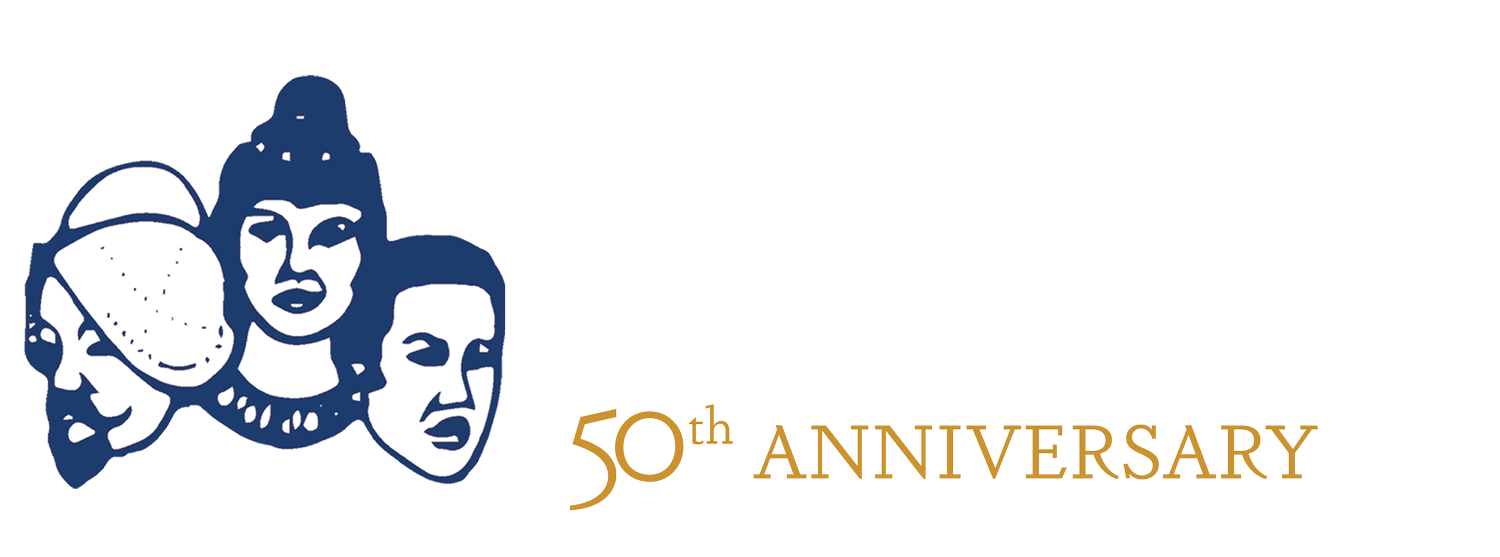
ABOUT BORICUA COLLEGE
HISTORY AND AIMS | ACCREDITATIONS, LICENSURES AND AFFILIATIONS | MISSION AND GOALS
History and Aims
In December of 1973, the planning team began developing four courses as the initial curriculum strategy of the Universidad Boricua project funded by a planning grant from the federal Fund for the Improvement of Post-Secondary Education (FIPSE). The first official learning center of the Universidad opened in February 1974, located at 9 Graham Avenue in the Williamsburg Puerto Rican neighborhood of Brooklyn, New York City.
In February 1974, the first class of 26 students was enrolled. Half in the Universidad Boricua’s University Without Walls B.A. Program under the auspices of the Union of Experimenting Colleges and Universities located in Ohio, and the other students in the A.A. Program under the auspices of Brooklyn College.
In early 1975, the planning team formally submitted the required five-year master plan of Universidad Boricua, to the New York State Education Department for review and presentation to the N.Y. State Board of Regents which awarded the College a “provisional” charter as a New York State educational corporation now named Boricua College with the authority to offer an Associate of Arts degree. The second official class of 67 men and women was enrolled.
The College’s planning group embodied in its plan the belief that a college serving Puerto Ricans must employ a bilingual faculty and staff, and reflect in all its activities an educational philosophy and method carefully adapted to the needs of its unique student population. Early in its development, however, it became clear that other Latinos, as well as students from other minority communities of New York City were also attracted by Boricua’s educational philosophy and methods.
During the following years, the College flourished with the academic support of Bank Street College of Education and Pace University, and the financial support of the Ford Foundation, the federal FIPSE agency and Puerto Rican legislators of the N.Y. State Assembly, among others.
Recognizing Boricua’s early achievements and promise, the Middle States Commission on Higher Education granted the College “candidacy” status in 1976. In 1979, the College was authorized by the New York State Board of Regents, to offer courses of instruction leading to Bachelor of Science degrees and academic curricula were developed in Education, Human Services and Business Administration. In 1980, the Middle States Commission on Higher Education granted the College full accreditation and in 1981 the College became the first private minority institution to be granted an Absolute Charter in the State of New York and the only private Puerto Rican or Latino college on the U.S. mainland.
Bachelor of Arts degree programs in Inter-American Studies and Liberal Arts and Sciences were authorized in 1985. The Middle States Commission on Higher Education reaffirmed the College’s accreditation in 1993, and in 1996 the New York State Board of Regents amended the Charter to offer programs leading to Master of Science and Master of Arts degrees. That same year, programs leading to a Master of Science in Human Services and Master of Arts in Latin American and Caribbean Studies were authorized by the State Education Department and subsequently initiated by the College. In June 2004, the Middle States Commission, once again, reaffirmed the College’s accreditation for the next ten years. In 2008, Boricua received authorization to offer a Master of Science in Teaching English to Speakers of Other Languages (TESOL) and an Advanced Certificate in Bilingual Education. In 2013, the College was authorized to offer the Associate in Science degree in Paralegal Studies. In 2014, the College’s Teacher Education Programs at Boricua College were awarded TEAC accreditation by the Inquiry Brief Commission of the Council for the Accreditation of Educator Preparation (CAEP for a period of seven years, from May 2014 - May 2021).
